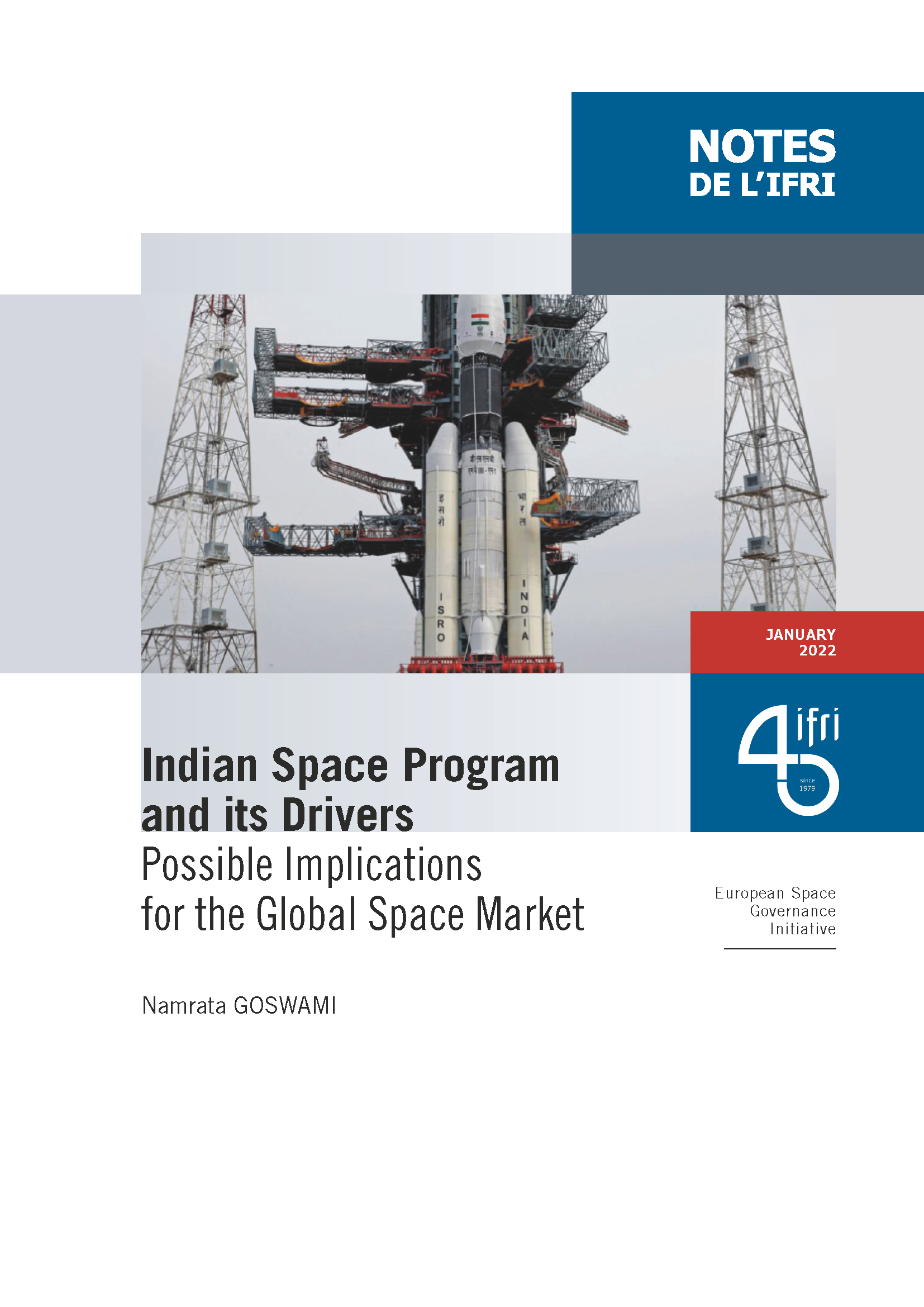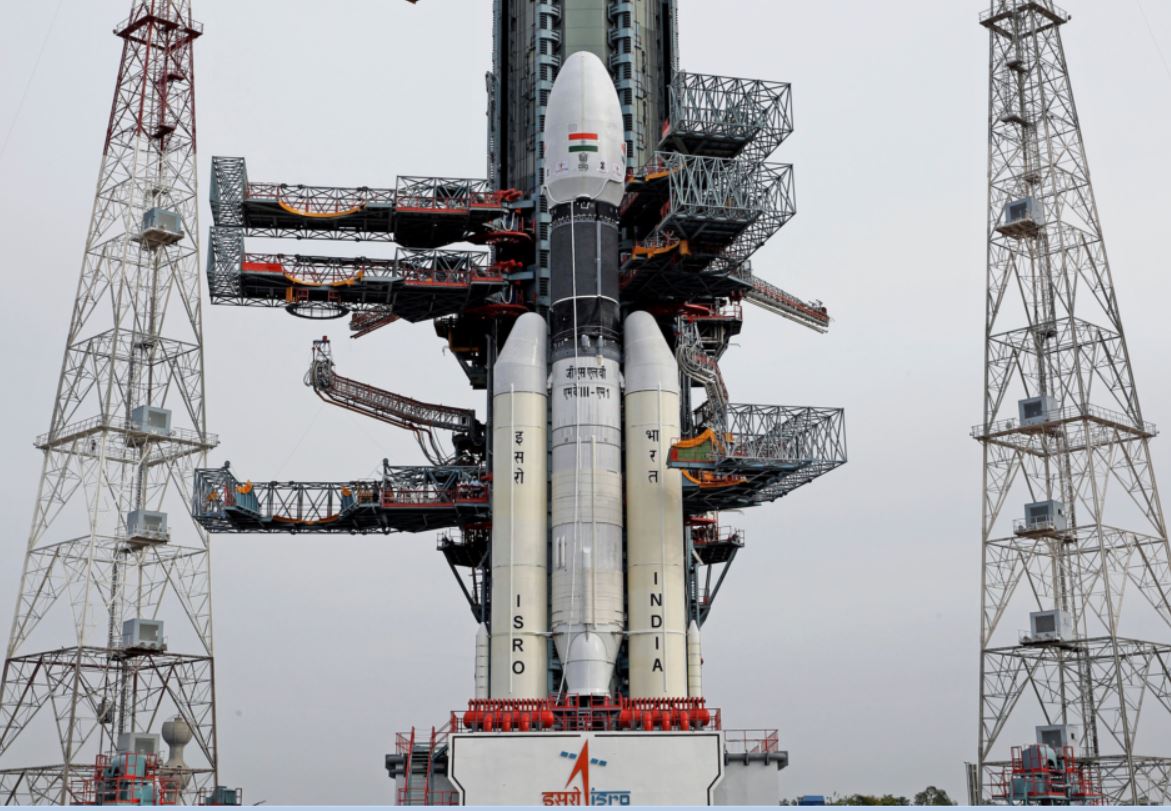Indian Space Program and its Drivers: Possible Implications for the Global Space Market

India has one of the oldest space programs in the world with space playing a critical role in India’s national development and external power projection capability.

India has launched missions to the Moon and Mars and plans to send an Indian citizen to Low Earth Orbit by 2023. The Indian space program is well known for its ability to launch cheaply to space. It is in this context that this paper explains the drivers for India’s space program, that includes nationalism, entrepreneurship, and national security. The paper describes India’s civilian and military space capacities and highlights the emerging Indian commercial space sector and its growing role in the Indian space economy.
The paper ends by specifying the impact of the Indian space sector on the global space market and by offering some recommendations for better coordination of Indian space policy.
Dr. Namrata Goswami is an independent scholar on space policy and Great Power Politics.

Available in:
Regions and themes
ISBN / ISSN
Share
Download the full analysis
This page contains only a summary of our work. If you would like to have access to all the information from our research on the subject, you can download the full version in PDF format.
Indian Space Program and its Drivers: Possible Implications for the Global Space Market
Related centers and programs
Discover our other research centers and programsFind out more
Discover all our analysesRegulatory Dynamics and Tensions in the Space Sector: Towards and Americanization of Space Law?
The development of space law has gradually evolved from a top-down normative dynamic dominated by the founding impetus of the UN to a bottom-up normativity driven by national and industrial practices. This evolution is now accompanied by growing normative competition, raising the risk of an Americanization of space law and prompting the question of a European response.
The Sustainability of Space Operations: An Opportunity for European Leadership?
As space becomes a key arena for power projection strategies, while facing growth and diversification of orbital activities, the concept of “space sustainability” is emerging as a new framework of analysis for space governance.
The “Huawei Saga” in Europe Revisited: German Lessons for the Rollout of 6G
While the European Union attempted to coordinate a collective response through its 5G Toolbox in Europe’s 5G infrastructure, member states diverged significantly in balancing political, economic, and technological considerations. Germany, despite its economic ties to China and status as Europe’s largest telecom market, only reached a tentative agreement in July 2024—one that appears largely symbolic.
European Startups and Generative AI: Overcoming Big Tech Dominance
Europe is at a crossroads. Faced with the domination of American Big Tech across the entire generative Artificial Intelligence (AI) value chain, from foundation models to cloud infrastructure, distribution channels, and open source, it risks long-term technological and economic decline. Yet generative AI also represents a major opportunity for economic transformation, with a potential value estimated at 1.5 times France’s gross domestic product (GDP). To turn it into a driver of renewal, Europe must move beyond the illusion of total technological independence and instead build an ecosystem that leverages Big Tech resources while strengthening its own innovation capabilities.











